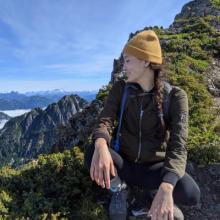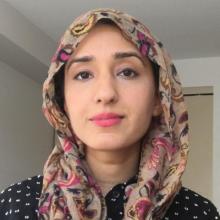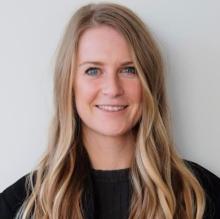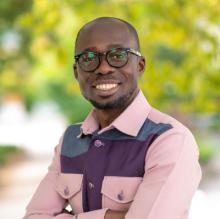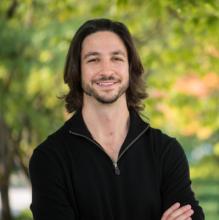Being a public scholar means actively engaging with and serving the broader community by conducting research that not only advances academic knowledge but also addresses real-world challenges and contributes to the public good.
Research Description
Kazakhstan, a middle-income country in Central Asia, grapples with ovarian cancer as a significant health challenge, ranking fourth among female cancers in 2019, with a survival rate below 50%. To address this issue, we are investigating the feasibility and awareness of an ovarian cancer prevention strategy called Opportunistic Salpingectomy among Kazakhstani gynecologists. Our research includes a comprehensive epidemiological analysis of gynecologic surgeries and the assessment of attitudes and knowledge among Kazakhstani gynecologic surgeons through an online survey. Our goal is to bridge research findings with clinical practice by creating culturally sensitive educational videos, featuring local opinion leaders in oncology. This approach aims to ensure equitable access to information and resources tailored to the local context, language, and cultural needs of Kazakhstani physicians. While my thesis has primarily focused on the molecular therapeutics aspect of a rare type of ovarian cancer, this project provides a holistic, population-based approach to ovarian cancer prevention within the healthcare context of a middle-income country. Moreover, as someone born and raised in Kazakhstan, this project holds personal significance.
What does being a Public Scholar mean to you?
Being a public scholar, to me, means actively engaging with and serving the broader community by conducting research that not only advances academic knowledge but also addresses real-world challenges and contributes to the public good. In my research, I prioritize collaboration and knowledge exchange with the larger community and social partners, particularly Kazakhstani physicians. Being a public scholar also means connecting with a community of fellow public scholars and alumni to foster collaboration, share insights, and collectively work towards making a positive impact. Furthermore, it entails leveraging these connections to access additional resources that can promote and execute research projects effectively, as well as advance career aspirations.
In what ways do you think the PhD experience can be re-imagined with the Public Scholars Initiative?
The Public Scholars Initiative introduces a valuable dimension to the PhD experience by emphasizing the importance of community involvement and the co-creation of knowledge. It highlights the significance of tailoring research to address real-world challenges and ensuring that the research findings are accessible and beneficial to a wider audience. This project offers non-traditional thesis outcomes by incorporating community engagement and educational video materials as knowledge dissemination pieces. This has a direct impact on healthcare professionals and contribute to evidence-based decision-making.
How do you envision connecting your PhD work with broader career possibilities?
Aspiring to become a physician-scientist, my engagement with physicians in this research project lays a solid foundation for understanding the healthcare landscape and its challenges. Engaging with the international community and social partners offers a platform to showcase leadership skills, which I believe will be instrumental in my future career. Collaborating closely with local partners not only allows me to contribute meaningfully to the field of oncology and healthcare policy in Kazakhstan but also enables me to establish professional relationships and expand my network within this domain. Ultimately, this integration strengthens my foundation for a career that has a lasting impact on health equity and global health initiatives.
How does your research engage with the larger community and social partners?
This research project actively engages with the larger community by involving Kazakhstani physicians in every step of the project. By involving the target audience in the development phase, the project ensures that the materials are relevant, effective, and meet the needs of the knowledge end-users. This participatory approach fosters collaboration, encourages knowledge exchange, and strengthens the connection between researchers and practitioners. By involving the target audience in the development phase, the project ensures that the materials are relevant, effective, and meet the needs of the knowledge end-users. This participatory approach fosters collaboration, encourages knowledge exchange, and strengthens the connection between researchers and practitioners. Leveraging the expertise and networks of external collaborators, engaging with focus groups, and disseminating findings, will allow this project to create meaningful and sustainable impacts on the healthcare community in Kazakhstan. I hope that my work will have a meaningful impact on policymaking in Kazakhstan.
Why did you decide to pursue a graduate degree?
My journey towards graduate studies began during high school when I watched a popular science documentary exploring the scientific perspectives on eternal life. This experience ignited a profound interest in biomedical sciences within me, revealing a world where research had the potential to improve lives. Pursuing a graduate degree also empowers me to address pressing questions that can have a meaningful impact on the community and the world at large.
Why did you choose to come to British Columbia and study at UBC?
I decided to study at UBC because it offers one of the few graduate programs in women's health globally. UBC shows commitment to advancing research and education in women's health research. Moreover, Canada is renowned for its excellence in research and medical education, in general, making UBC an ideal choice to pursue my graduate studies.


